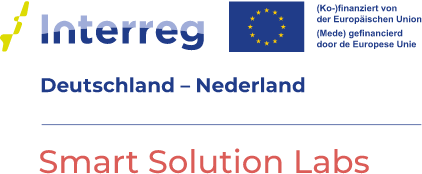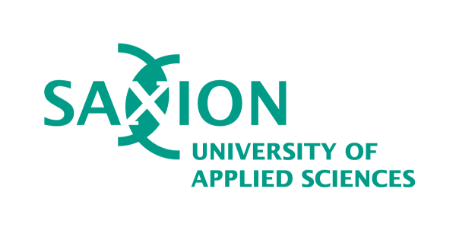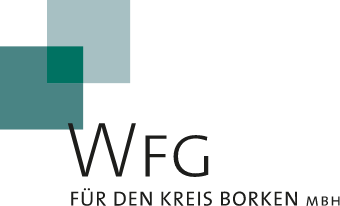How Smart Solution Labs works
Companies in our border region benefit from the open research and development work of the Smart Solution Labs.
This two-minute film, which was produced to promote the nomination for the 5th Borderland Prize, explains how the international collaboration between students from different disciplines from three universities works.
Synergies between students and SMBs for innovative solutions and future success.
- Win-win situation for students and companies
“The market is struggling with a shortage of qualified workers on both sides of the border. It is therefore important for the border region to provide an attractive job market for graduates,” says WFG Managing Director Dr. Daniel Schultewolter, adding, “In addition, SMEs in our region benefit from the research results of students.” Thus, the goal of the Smart Labs is for the students to present very concrete solutions.
- Open innovation opens up new perspectives
As part of the Smart Labs, students are active for eight weeks. At the beginning of a Smart Lab, students are given tasks, such as independent investigations or exchanges with experts. As the project progresses, they work on new approaches to innovative concepts or even prototypes.
“Implementation can take place, for example, in the universities’ creative spaces. In the project, which will run until 2026, we expect to be able to connect 120 students and 30 SMEs by setting up smart labs,” says a delighted project coordinator Renate Warmers, WFG Innovation Consulting.

Innovations from the region -
to the region
Through this German-Dutch cooperation, 8-week Smart Labs are set up in which students from various disciplines, such as bionics, energy and environmental technology, work on real current assignments from companies in the region. These can be, for example, solutions for material savings or sustainable recycling processes for used products. In mixed teams, German and Dutch students work together to develop ideas, point out problems, present research results and jointly determine the next steps.
In addition to the WFG for the Kreis Borken as lead partner, the Saxion Hogeschool, Verenigde Maakindustrie Oost Nederland, FH Münster and the Westfälische Hochschule Bocholt are partners.
The project 'Smart Solution Labs' is funded by the European Regional Development Fund.
In addition, the following Interreg partners are involved: the Ministry of Economic Affairs and Climate and the Province of Overijssel on the Dutch side, and the Ministry of Economic Affairs, Industry, Climate, and Energy of North Rhine-Westphalia on the German side.



Intercultural experience right on the doorstep
The importance of cross-border cooperation becomes apparent when working on tasks. Due to the different mentalities and approaches of both nationalities, the students complement each other and thus jointly provide greater added value. To this end, all students bring knowledge from their own studies in the Netherlands or Germany. “Unknown makes unloved” – in this new European project, the partners want to dispel the notion that the job market stops at the border.
The “Smart Solution Labs” project is funded by the European Regional Development Fund. In addition, the following Interreg partners are participating: the Ministry of Economic Affairs and Climate and the Province of Overijssel on the Dutch side and the Ministry of Economic Affairs, Industry, Climate and Energy NRW on the German side.





